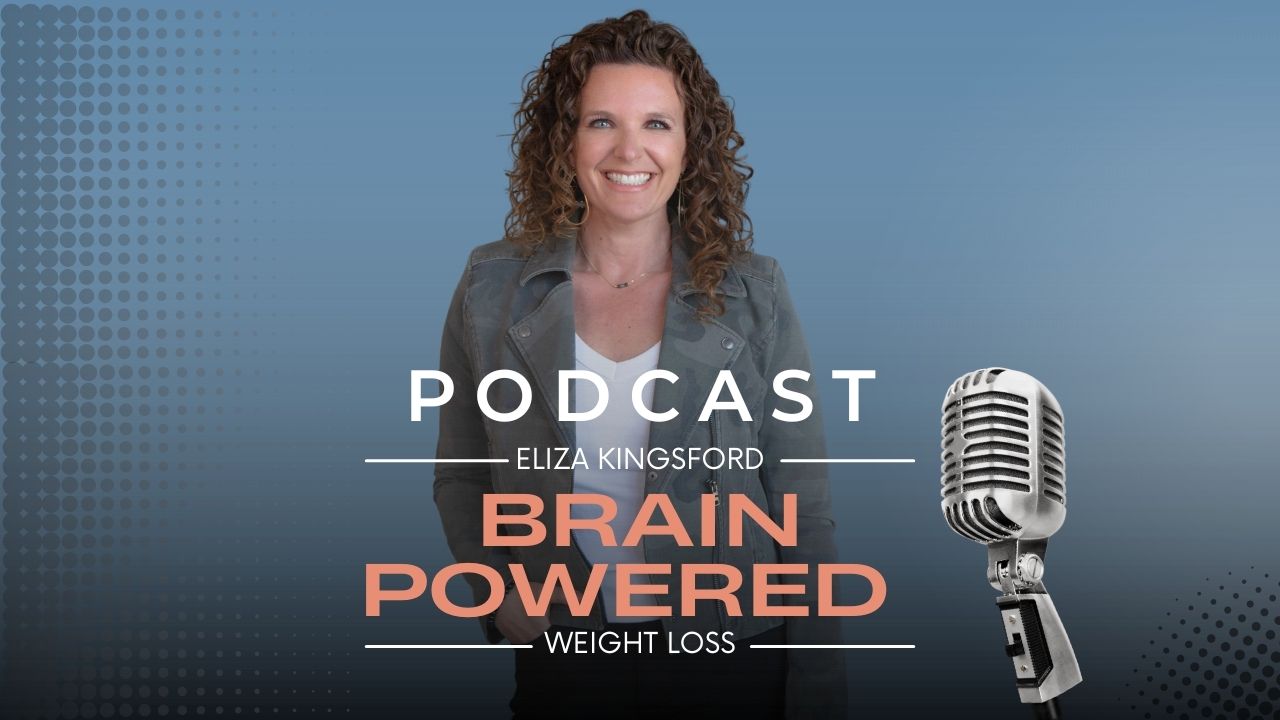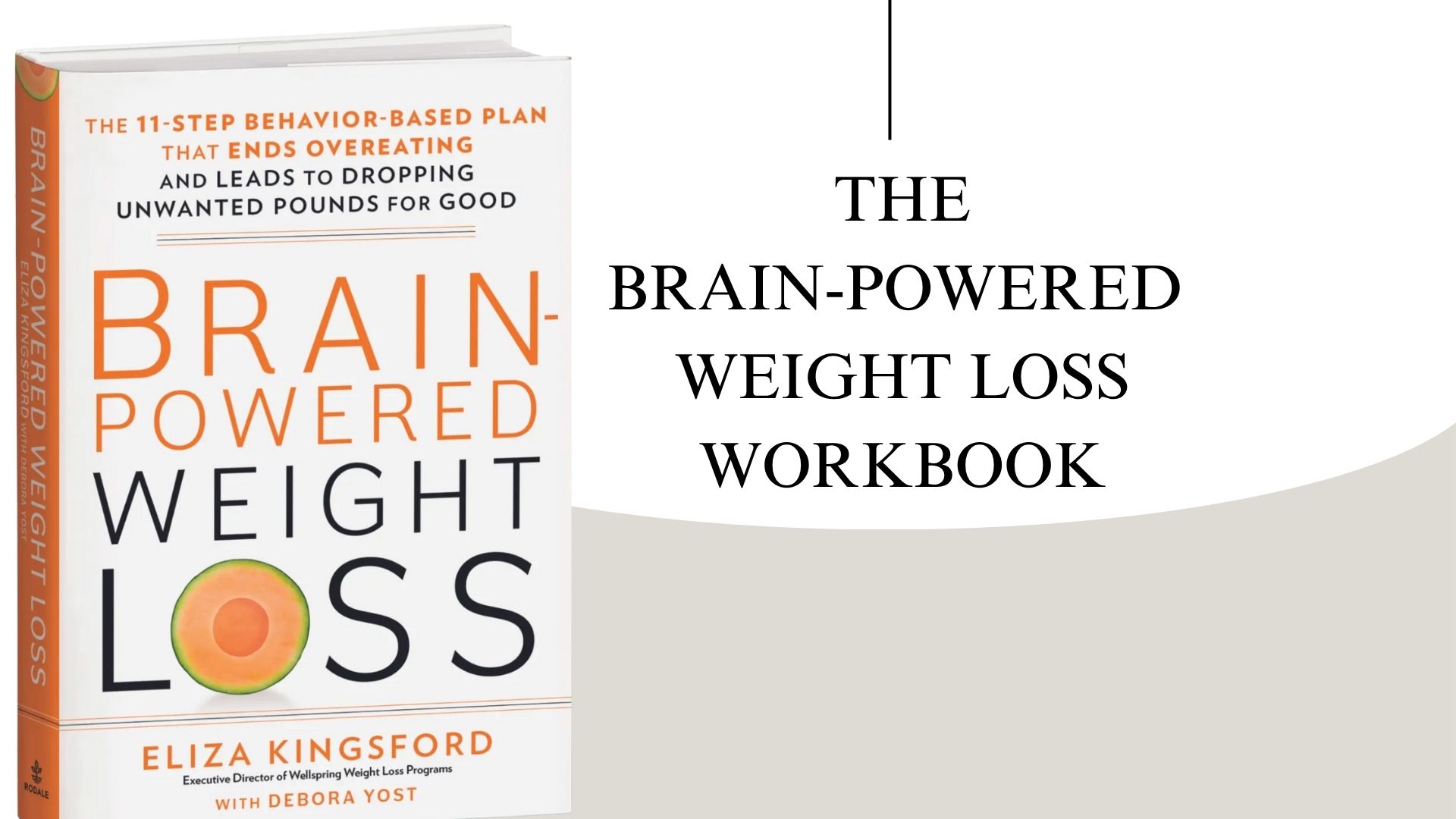
Embracing a Trauma-Sensitive Approach to Weight Loss: Understanding "What Happened" Instead of "What's Wrong With Me
Oct 03, 2024Weight loss has traditionally been approached with a heavy focus on diet and exercise. In some cases, if you’re lucky, a mindset piece is addressed. By now, I think it’s safe to say that this approach isn’t cutting it for most people. Emerging research is showing us the profound impact that trauma has on body weight and eating behaviors, suggesting that a trauma-sensitive approach to weight loss could be a game changer for many people. I’ve been using a trauma-informed approach for over a decade and I can attest to the incredible impact using this type of approach can have. A trauma-informed approach shifts the question from “What’s wrong with me?” to “What are the components of my life that led me here, and what can I do about them now?” — a critical distinction that acknowledges the complex interplay between trauma, emotional & physical well being, and body weight.
Understanding Trauma and Its Impact on Health
When most people think of trauma, they think of major life events like death, divorce, catastrophes or violence. Certainly, these things are often traumatic. However, we now know that limiting our definition of trauma to catastrophic events misses the mark in a major way. A new definition of trauma goes something like this: Trauma is experienced when we face circumstances that exceed our capacity to handle them physically, mentally or emotionally. Those things can be acute (something big that happens once or unexpectedly), or chronic (something that keeps happening for a long period of time).
No matter the circumstance, it’s more about our resources for coping with the circumstance and our emotional support than the circumstance itself that creates a trauma response in the body. For example, a child can experience trauma if they are often told they are “too much”, when they express their feelings, thus learning to hide everything they feel. We may not consider that “traumatic”, but the body and brain react to this stressful situation in the same physiological way it would react to what we would consider a “major” stressor.
Trauma is not just an emotional experience; it’s also very much a physiological one that can leave deep imprints on the brain and body. The landmark study of adverse childhood experiences (ACEs) conducted from 1995 to 1997 with over 17,000 people produced data that showed experiences like abuse, neglect or witnessing violence, have a high correlational relationship with MANY health issues, including obesity and weight struggles. Further data collection from the (ACEs) population showed people with higher ACE scores are more likely to struggle with weight and have unhealthy relationships with food. The ACEs study helped link chronic health conditions with traumatic experiences in childhood, and a growing body of research is showing us how trauma is experienced on a continuum and not as a result of a specific life event or circumstance.
How Trauma Affects Eating Habits and Weight
All trauma, no matter how it is defined, can alter pathways in the brain, specifically the areas involved in our stress response, emotion regulation, impulse control, and reward systems. Trauma often leads to a state of chronic dysregulation in the nervous system, which in turn affects metabolism, appetite, and weight regulation.
When stress and anxiety are triggered, many people find themselves caught in a cycle of emotional eating, often as a conscious or unconscious attempt to self-soothe or regulate unwanted emotions. In addition, the body’s stress response — the release of cortisol and adrenaline — can also contribute to increased fat storage, particularly around the abdomen. This can be compounded by other effects of trauma, such as sleep disturbances, chronic emotional disruptions like depression and anxiety, and diminished motivation to engage in physical activity.
The Argument for a Trauma-Informed Approach
A trauma-informed approach to weight loss recognizes that food behaviors are not about a lack of willpower or discipline. Instead, they are often adaptations developed over time to manage emotional pain, stress, and instability. When we recognize this, we can begin to shift our approach from judgment to compassion, understanding that behaviors surrounding food and weight often have much deeper roots.
In fact, in over 20 years of helping clients transform their health, I have never met someone who doesn’t have a deeper root of chronic dysregulation that contributes to their weight struggle. Not once. Remember, trauma is not limited to the acute catastrophic circumstances we’ve been conditioned to associate with the word. In fact, everyone experiences trauma. The question is not IF you have experienced trauma, but rather how much trauma have you experienced?
Core Principles of a Trauma-Sensitive Approach
When using a trauma-informed approach to weight loss it is imperative that a practitioner have a proficient understanding for both how trauma impacts the brain and body, and a framework for re-wiring or healing those responses. There are many components of a trauma-sensitive approach, but here are a few that are non-negotiables in my work.
- Safety and Trust Building: Safety always comes first in trauma-informed care. The word “Safety” also needs to be expanded beyond our limited definition. Safety is a felt experience in the body. Think of it like the unexplainable nudge that makes you want to move towards something or move away. Oftentimes you can’t explain it, it’s just a felt sense. Do you feel “safe” with someone? Do you want to move towards them? Or unsafe, you’d rather avoid them or move away. Safety needs to be expanded beyond our definition of acute danger. Safety is a daily felt experience from moment to moment. Establishing a sense of safety is paramount for anyone who has experienced trauma. This means creating a non-judgmental space where clients feel heard, respected, seen and understood. My work often helps people recognize “Of course. Of course I felt this way, of course I developed this coping strategy to protect me. Of course.” Thus reducing the shame and stigma often attached to weight.
- Nervous System Management: Many practitioners teach tools for regulating the nervous system. While this is no doubt needed, it’s not the whole picture. Yes, we all need better tools to help regulate a dysregulated system, but we also need a framework to help us not get dysregulated as often or stay there as long when we do. This is why I believe it’s crucial to help clients build capacity and flexibility in the nervous system, and not just manage symptoms of dysregulation. That would be like managing the symptoms of an illness, but never treating the root cause.
- Body Awareness and Self-Compassion: Helping clients reconnect with their bodies in a positive way is essential. Stress and trauma often leads to dissociation or separation from the body. Many people find they’ve been treating their body like it’s something to control or manipulate, rather than connect and align with. This can create a sense of feeling separate from the body. When this happens, it makes it very difficult to take care of ourselves physically. It is much harder to take care of something we hate, put down or resist. Trauma-informed weight loss must include a piece of healing our relationship with the body. Understandably, this can feel challenging or foreign for people who have spent decades feeling frustrated with their physical form.
- Flexible, Client-Centered Goals: A trauma-sensitive approach avoids rigid, one-size-fits-all plans AND goals! Instead of telling people what to do, we focus on finding a way of eating, moving and living that feels aligned and nourishing. This also means clients choose the goals or aspirations they are working towards, not me! This means all goals are welcome - that might include weight loss or it might not. It’s not up to me and I will never try to change someone’s mind about their goal. Trauma-informed work respects the fact that people who have experienced trauma have also usually experienced a lack of choice. Trying to change their mind about their desire to lose weight would be taking choice away from them AGAIN and is NOT part of a client-centered approach. Instead, we often explore the reasons behind their goals to make sure they feel aligned and empowered. In trauma-informed care, we emphasize flexibility, context, choice and empowerment.
A Compassionate Path to Sustainable Health
A trauma-sensitive approach to weight loss is not just about shedding pounds. It includes the whole picture, and is never relegated to just the number on the scales. Can we all agree that weight is a complex issue influenced by many factors, including stress and past trauma? If we want to make weight loss sustainable, we simply cannot ignore these factors. By shifting the focus from “what’s wrong with me” to “what happened, and what can I do differently” we open the door to more compassionate, effective, and sustainable paths to health and healing.
What’s Next
If this message resonates, if you’ve realized your weight struggle runs deeper than diets—it’s time to heal what’s really underneath. I want to personally invite you to watch the Master Your Weight Loss Workshop for yourself - free!
This isn’t another plan. It’s a shift in identity. And for thousands of women, it’s the beginning of freedom.
👉 You can watch by clicking this link here
🎧 Want More Like This?
If you're ready to go deeper into behavior change, emotional regulation, and sustainable weight loss, don’t miss The Brain Powered Weight Loss Podcast, hosted by me - Eliza Kingsford.
Each episode breaks down the neuroscience behind food patterns, cravings, and mindset shifts — so you can finally understand why you get stuck, and what to do about it.
Click here to start listening now
💬 Let’s Keep the Conversation Going
If something in this post resonated with you, you're not alone — and you don’t have to figure it out alone either.
As a licensed psychotherapist, behavior change specialist, and expert in the neuroscience of lasting transformation. I've helped thousands of people, regulate their nervous systems, and finally gain control over food and their bodies — not through willpower, but through proven, science-backed methods - offering a path to sustainable change that actually works - not just for your body, but for your whole self.
👉 Ready for deeper support? I welcome hearing from you. Send me an email: [email protected].
And if you're looking for a safe place to heal your relationship with food, body, and self — you're in the right place. I'm so glad you’re here.


